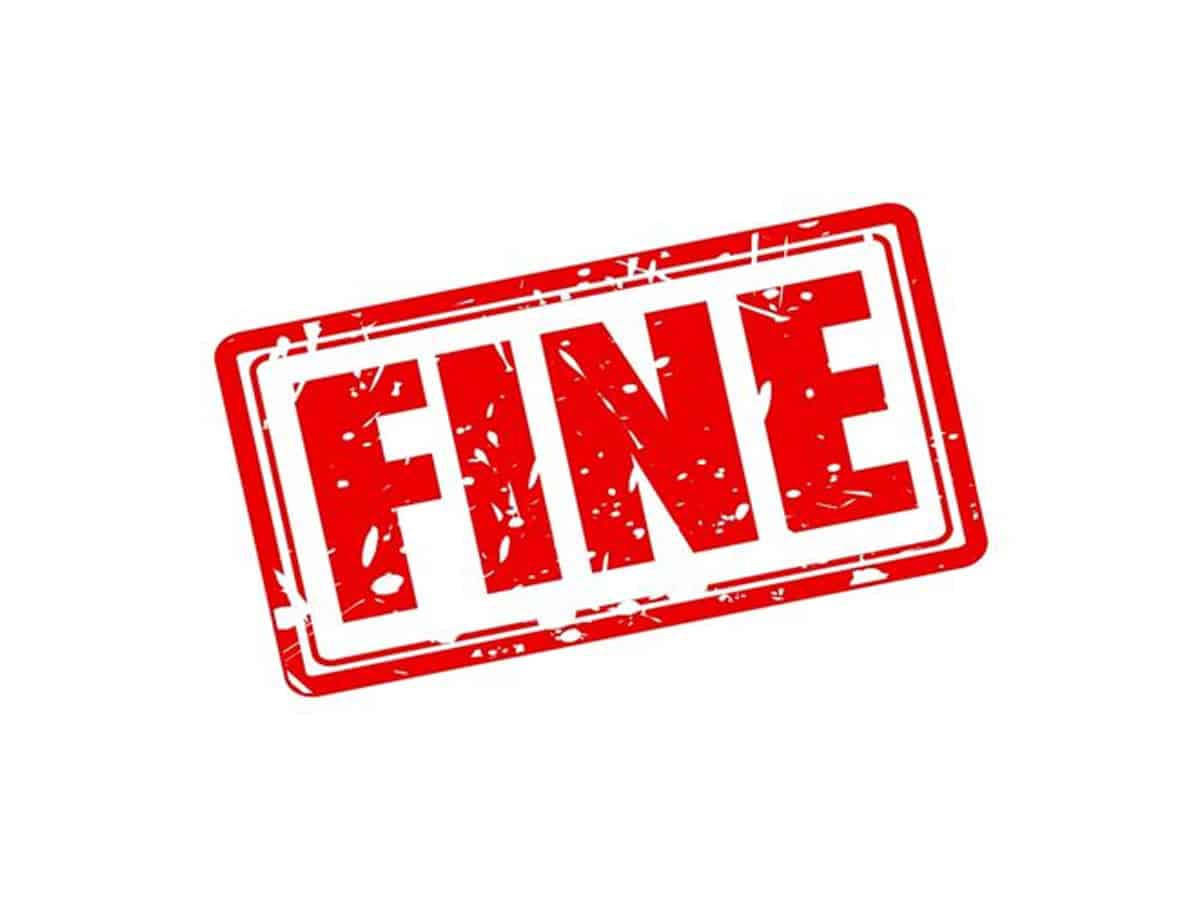Pavan Sai of Edapalayan in Chennai has bagged an MBBS seat in ponnaiyah ramajayam institute of medical sciences (PRIMS) in 2016.
In 2016, despite the state government setting the annual fee at 3.25 lakh rupees, a college allegedly collected a significantly higher amount of 10 lakh rupees from its first-year students, as highlighted in a formal complaint.
Sai and his contemporaries paid 10 lakhs to their college as demanded. However, they were shocked to discover that the hospital on the campus didn't have enough good stuff like facilities and doctors to train them. Also, only a few patients came to the hospital for treatment. However the college also asked students to pay another 9 lakhs for further tuition fees for the year 2017.
Therefore sai approached the commission on july 2022 to seek refunds of his tuition fees.
The Madras High Court got wind of this situation and took action. They ordered 150 MBBS students to move to other medical colleges in the state that were officially recognized. The reason? The institution where Sai and his batchmates were studying didn't have enough facilities for hands-on clinical practice and proper lab studies. So, the court stepped in to make sure these students get a better learning environment.
In response, the college argued that they don't see themselves as service providers, so the whole idea of lacking services doesn't quite fit. They also mentioned that because Pavan Sai completed his first two years at their institution, he might not have the right to ask for compensation, as per PRIMS.
Listening to both arguments, the Chengalpattu Commission carefully considered the situation. They noted that taking fees for two years but not offering proper facilities counted as a shortfall in service and an unjust business practice. As a result, the commission instructed PRIMS to reimburse the tuition fees of 19 lakh, along with 9 percent interest starting from May 2019. Additionally, they were directed to provide 6.25 lakh as compensation for causing a whole year of the complainant's time to go to waste. To cover legal expenses, a sum of 10,000 rupees was also ordered to be paid, according to the commission's decision.

 A consumer disputes forum concluded that if a college takes fees but doesn't deliver educational services, it's a failure in providing proper service. The forum directed a medical college on the city outskirts to pay 25 lakh rupees in compensation to a student for this lapse. In essence, not providing education after taking fees is viewed as a service deficiency, resulting in this ruling.
A consumer disputes forum concluded that if a college takes fees but doesn't deliver educational services, it's a failure in providing proper service. The forum directed a medical college on the city outskirts to pay 25 lakh rupees in compensation to a student for this lapse. In essence, not providing education after taking fees is viewed as a service deficiency, resulting in this ruling.








.png)
.png)

.jpg)







.jpeg)

.jpeg)










.jpg)




.jpg)

